Superbloom
2021


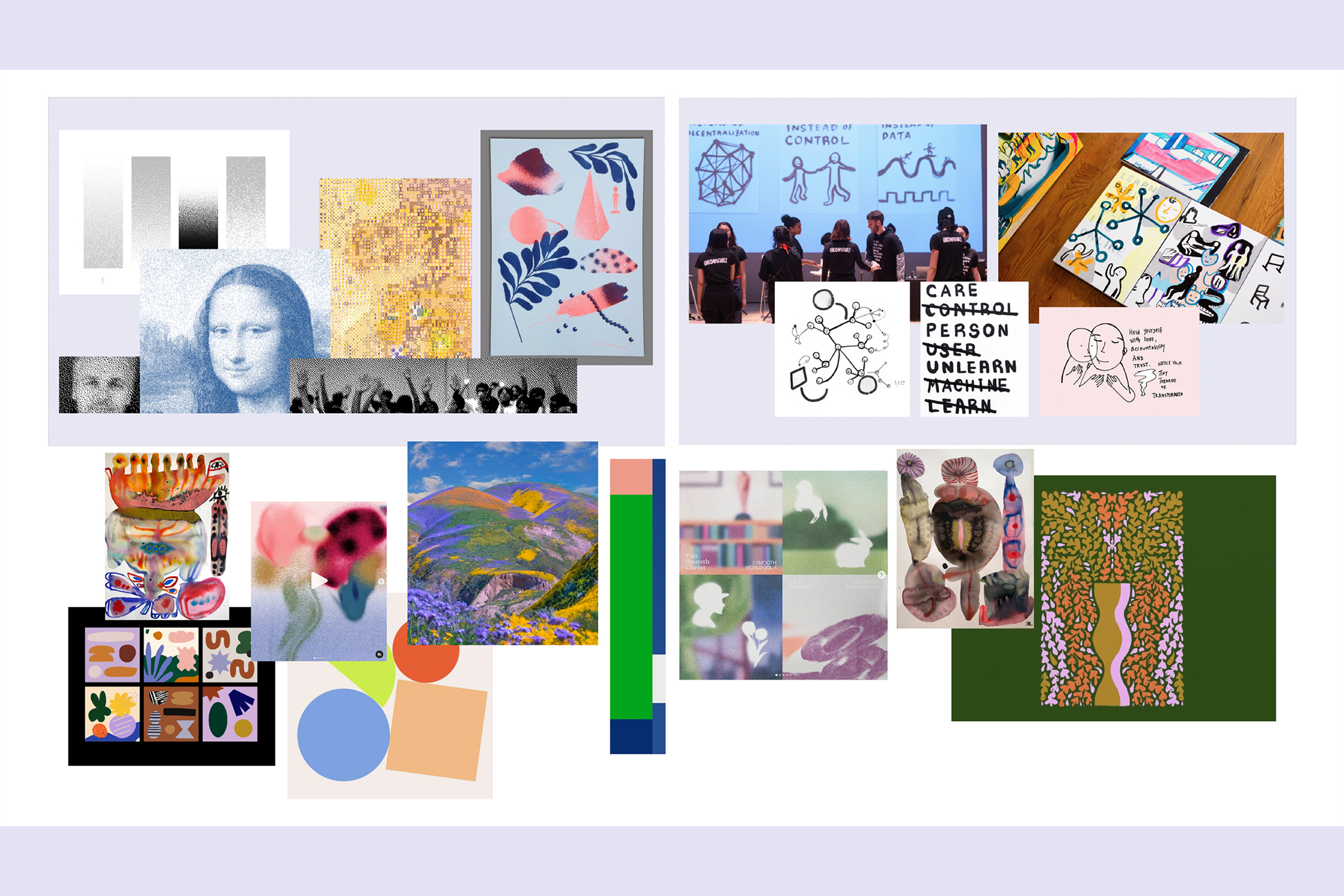
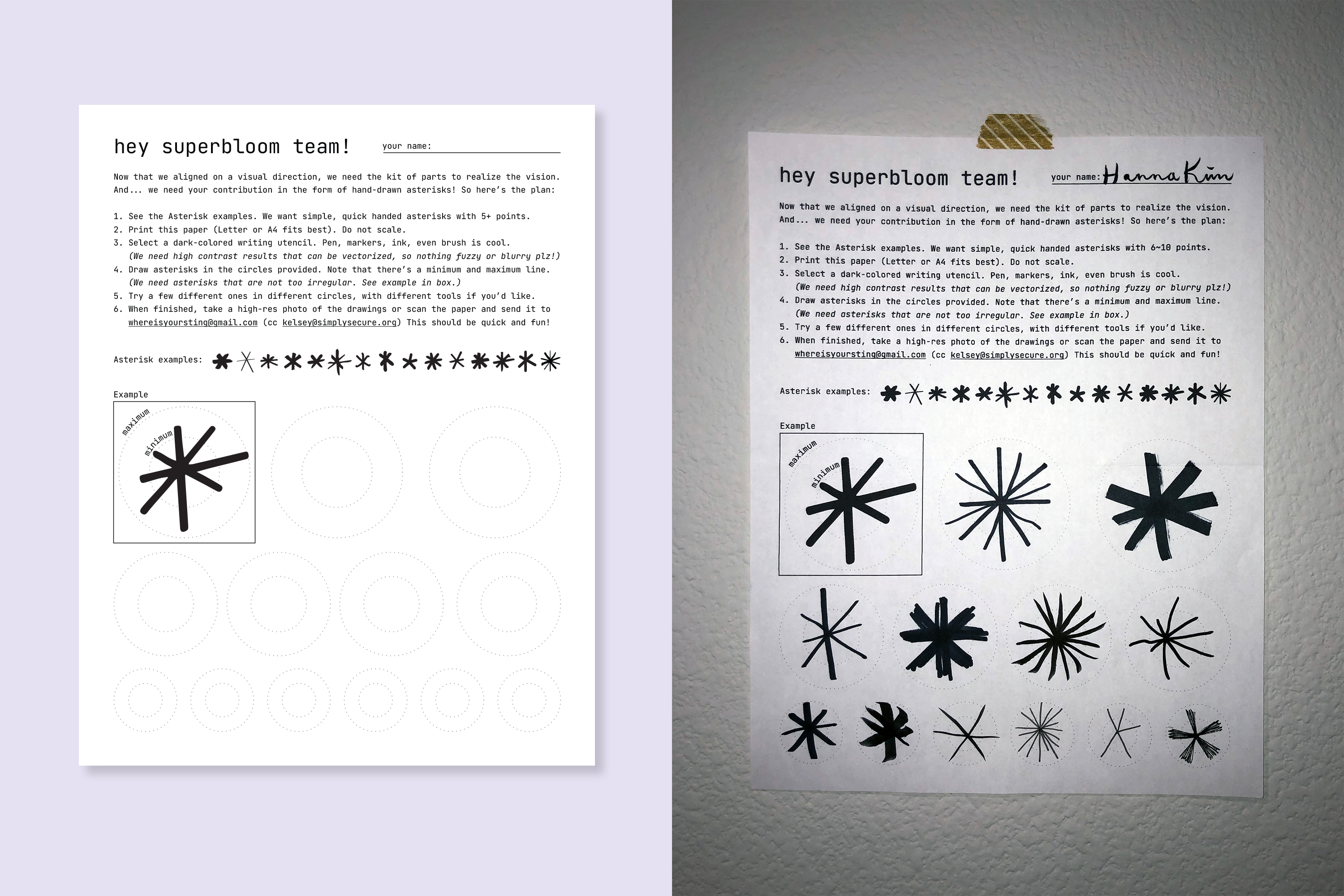

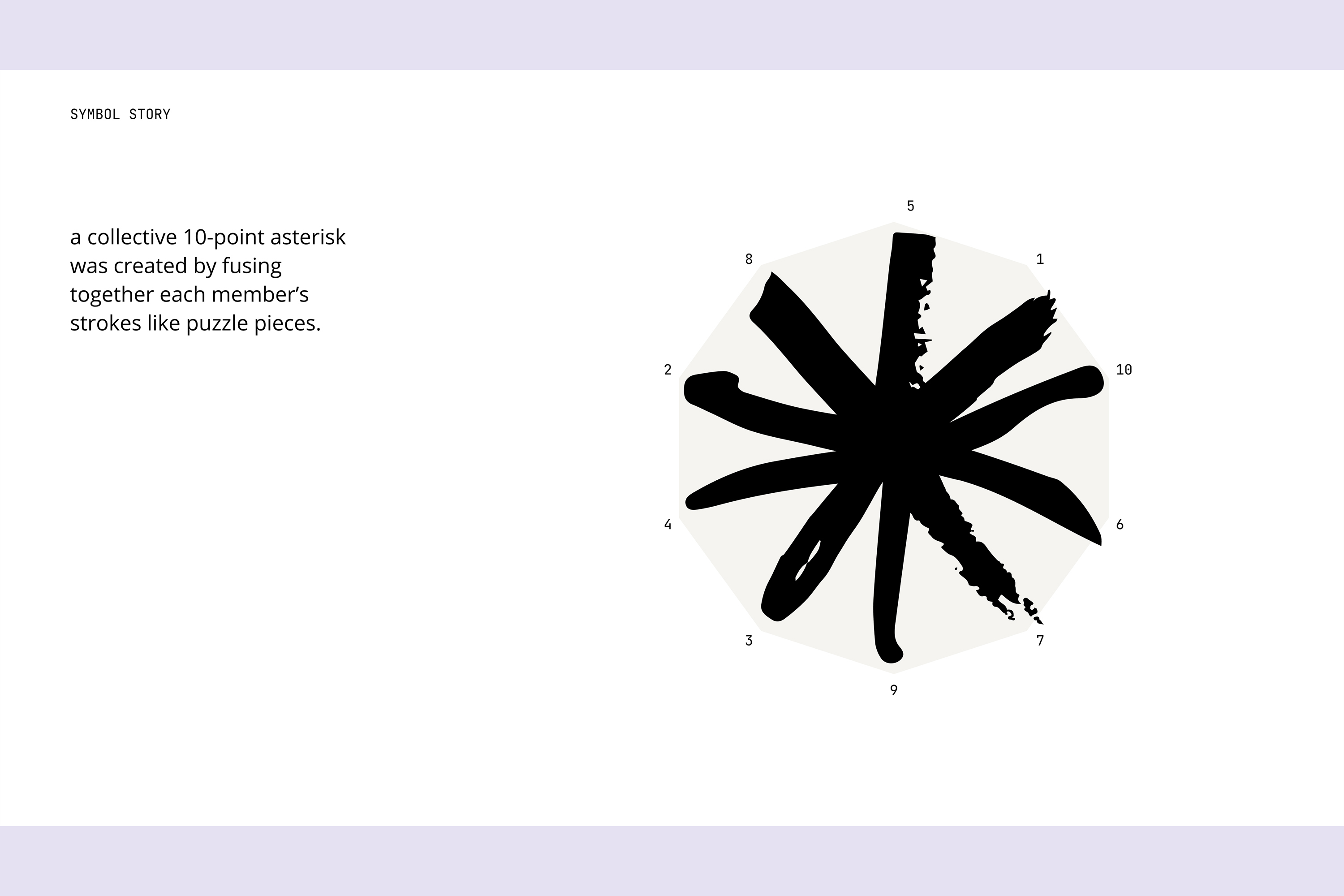

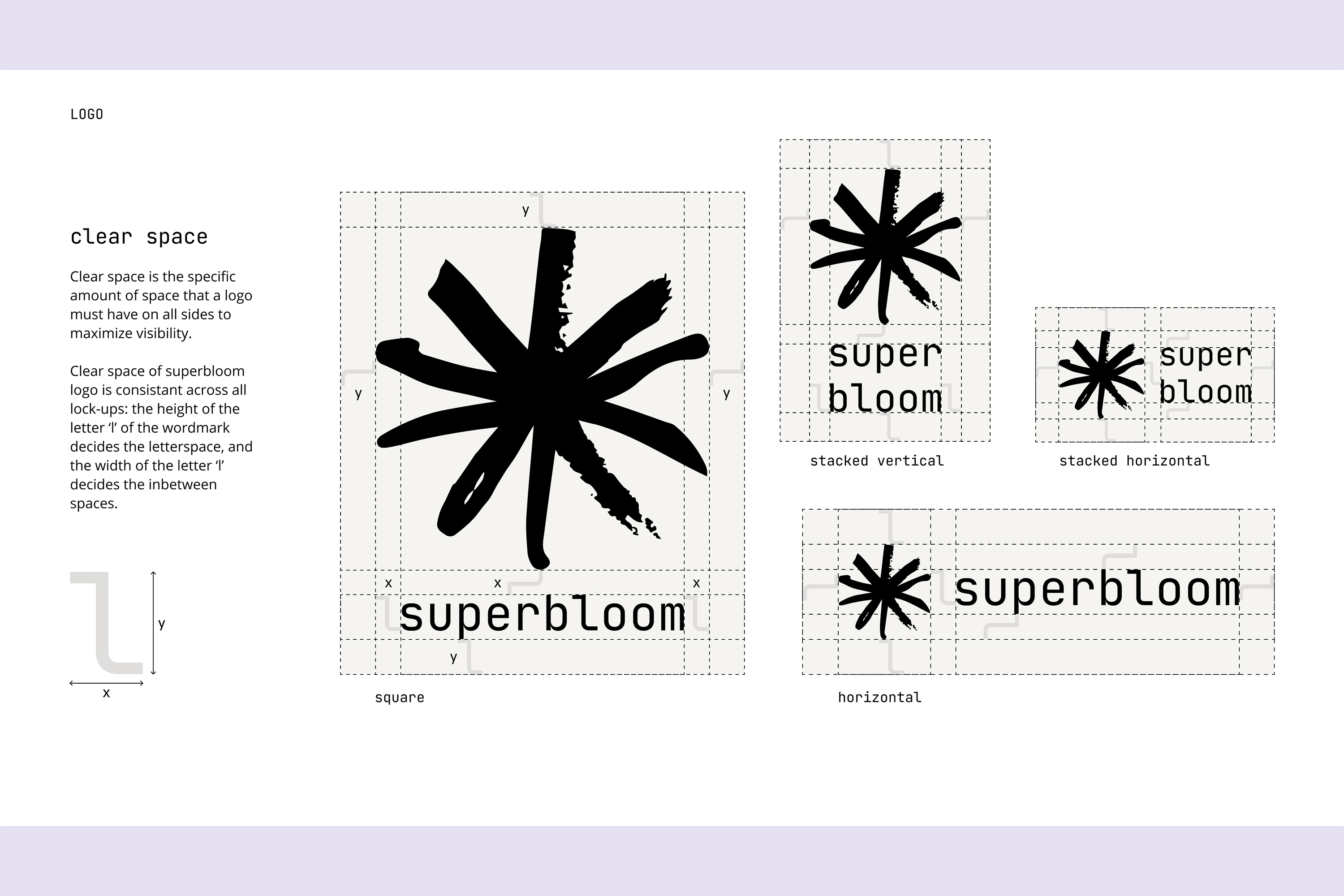

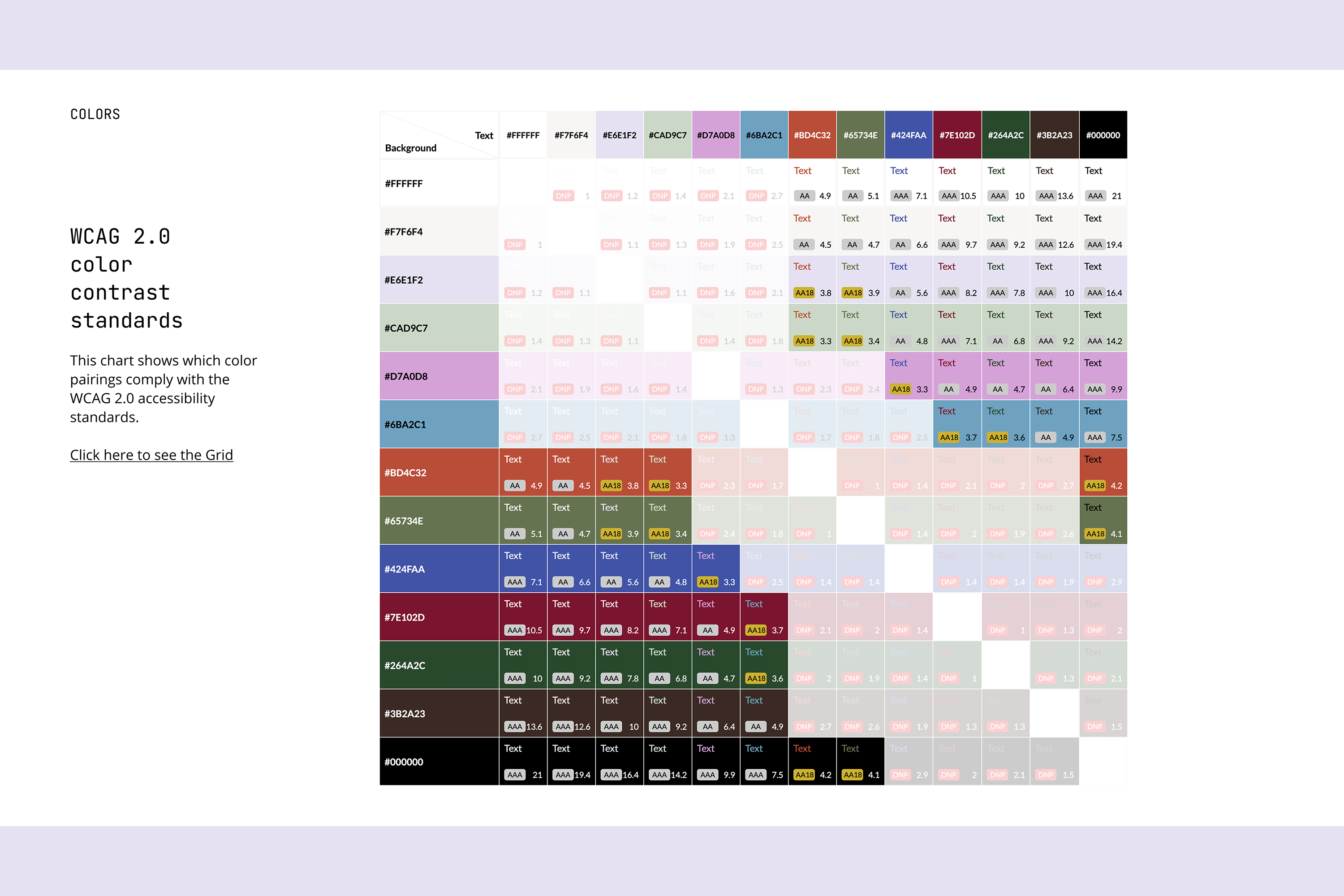
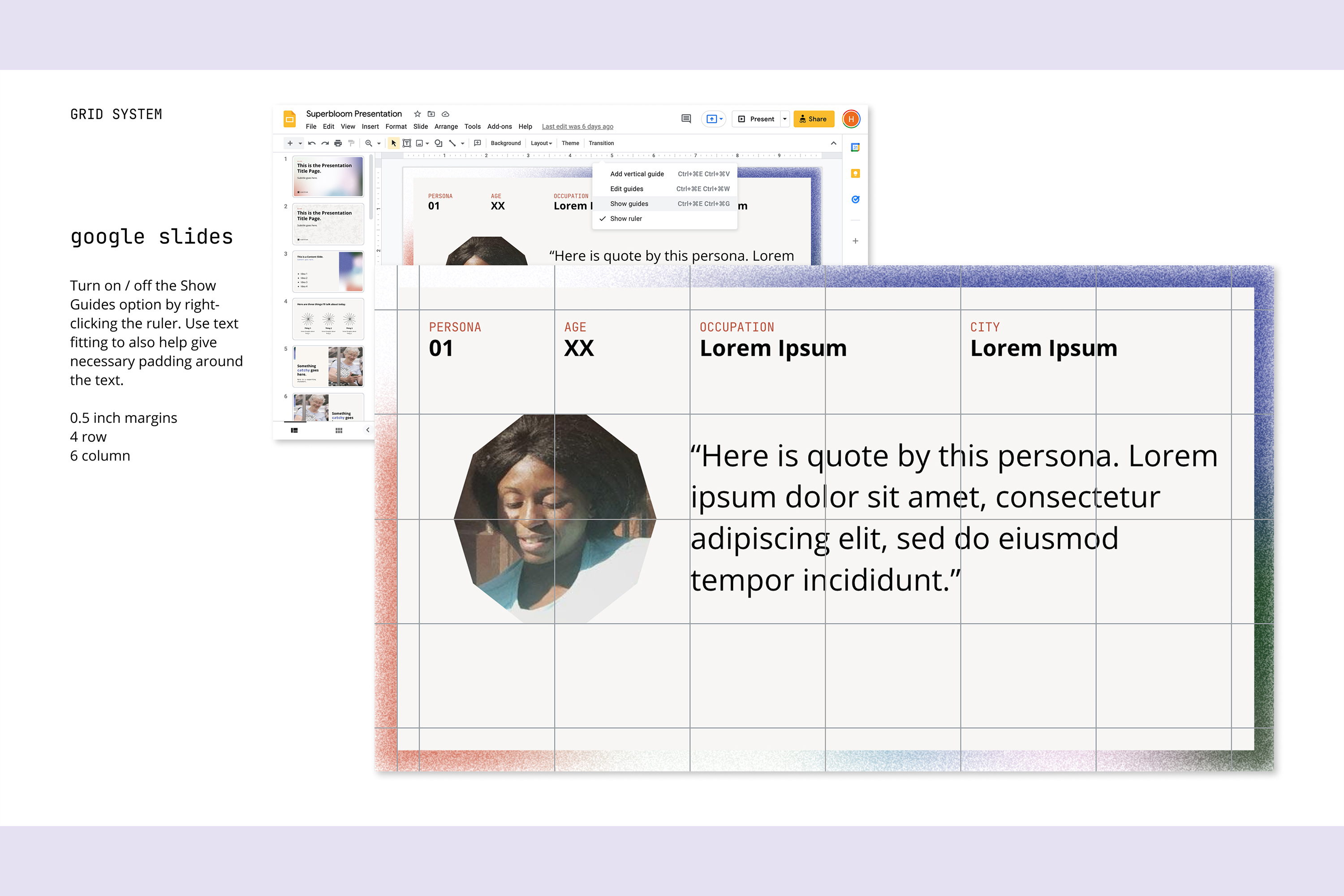
A rebrand for a nonprofit championing the global transformative movement in tech, using co-design process
As the lead designer for Superbloom’s rebrand (formerly Simply Secure), I partnered with the team to craft a visual identity that reflects their mission to create responsible, inclusive technology through human-centered design. I facilitated community workshops to surface shared values and aesthetics— these exercises influenced not only the look and feel of the brand but also informed decisions around the organization’s name, tagline, and core identity.
At the center of the rebrand is a custom asterisk logo, chosen for its symbolism around complexity, privacy, growth, and especially community. To emphasize collective authorship, I invited each team and board member to hand-draw an asterisk, which I combined into a single composite mark. The visual language draws from nature-inspired colors with a digital edge, paired with JetBrains Mono—a developer-friendly, open-source typeface—to bridge humanity and technology.
Collaborators
Superbloom, And Also Too
Shine a Light Alabama
2021





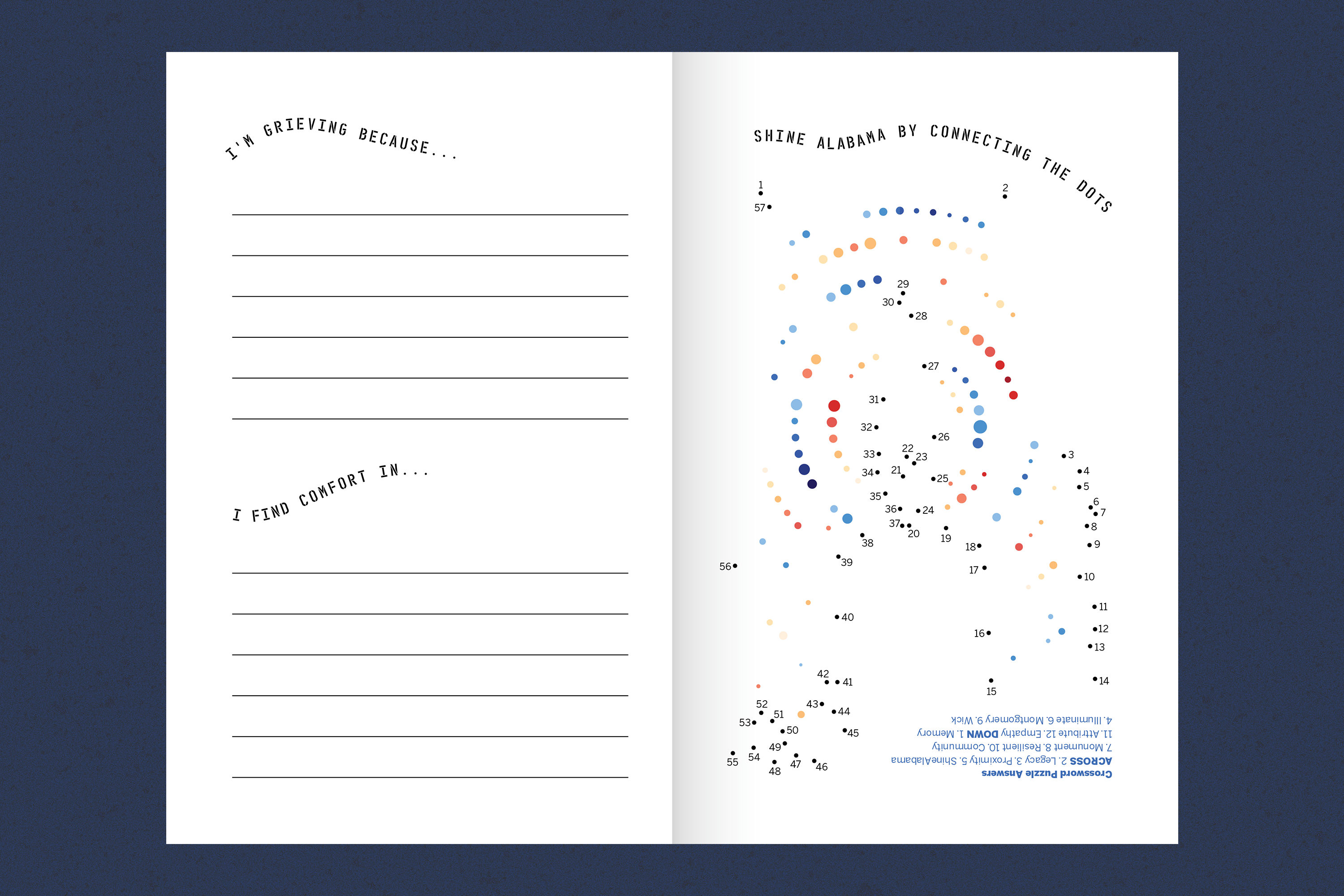
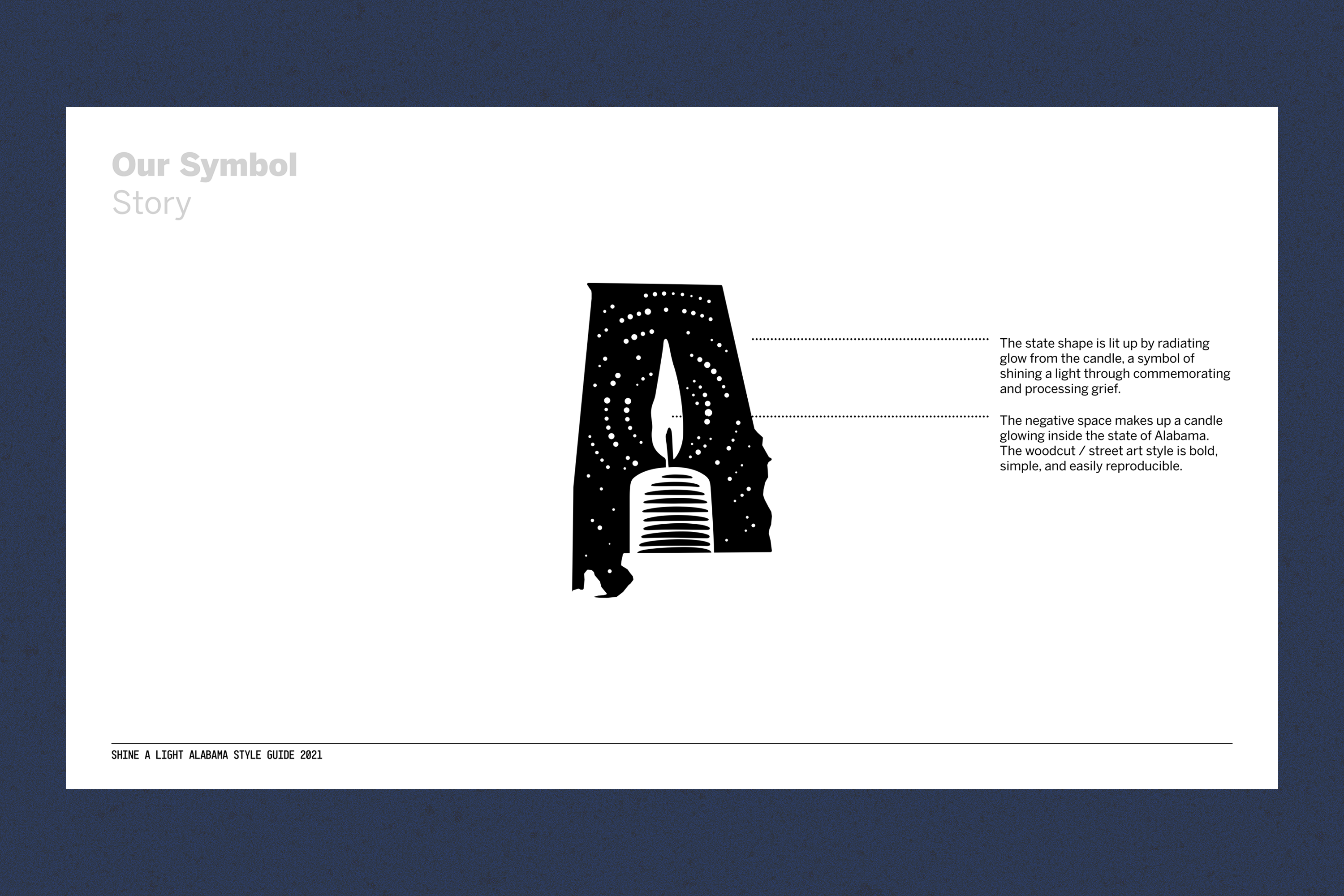


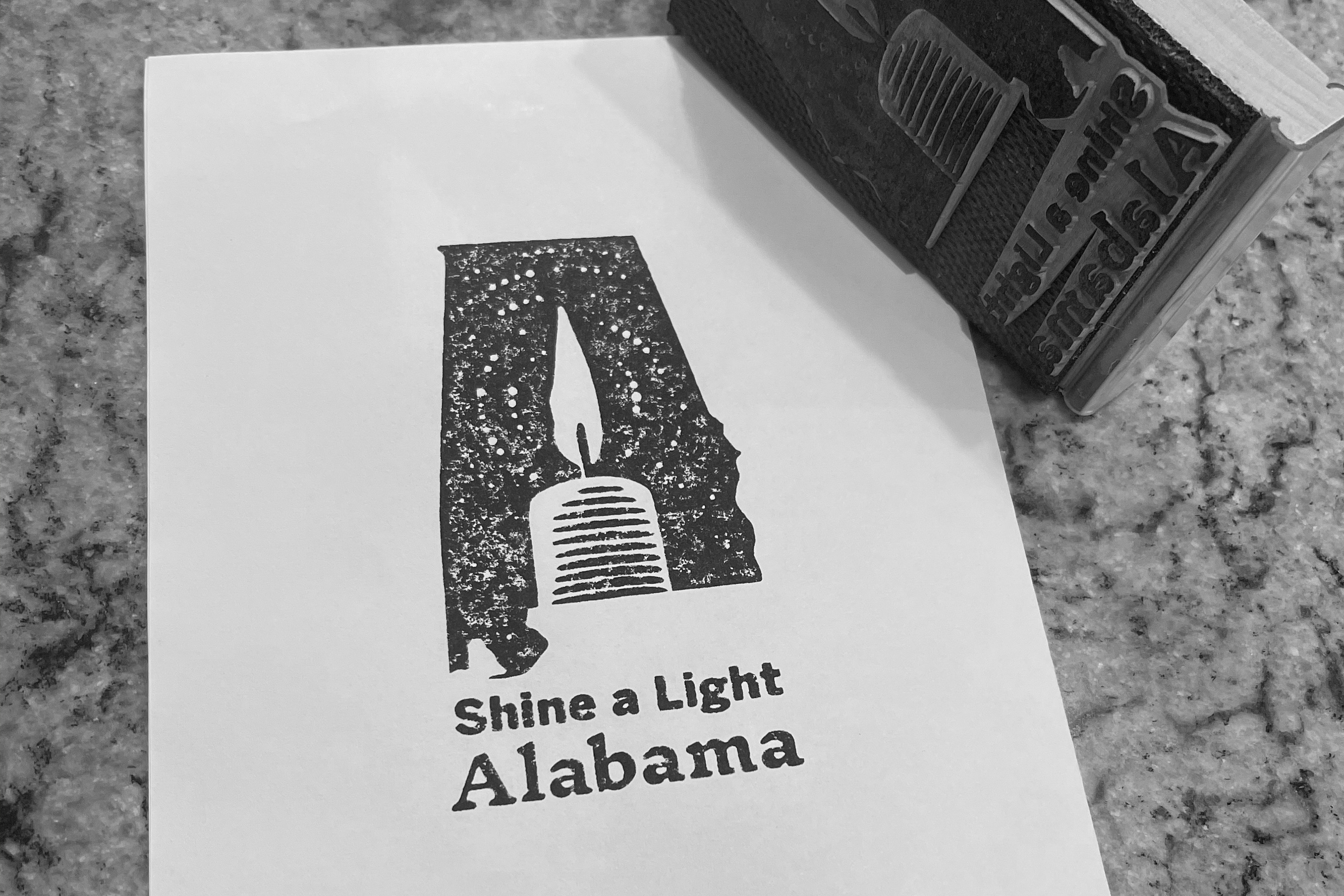
Honoring lives lost and comforting those who mourn
Shine a Light Alabama is a community-based effort of remembrance, resilience, and healing from losses experienced during the COVID-19 pandemic. To create the branding of this public health campaign, I collaborated with a local nonprofit and facilitated co-design sessions with Alabamians. The resource guide is a tool to help communities unite around the effort to honor lives lost and comfort those who mourn. It is available in English, Spanish, and Korean, the three most commonly spoken languages in the state of Alabama. Over 4,000 tote bags bearing the Shine a Light Alabama logo were created by local businesses and distributed across the state.
Collaborators
Alabama Forward
Build With Us
2021
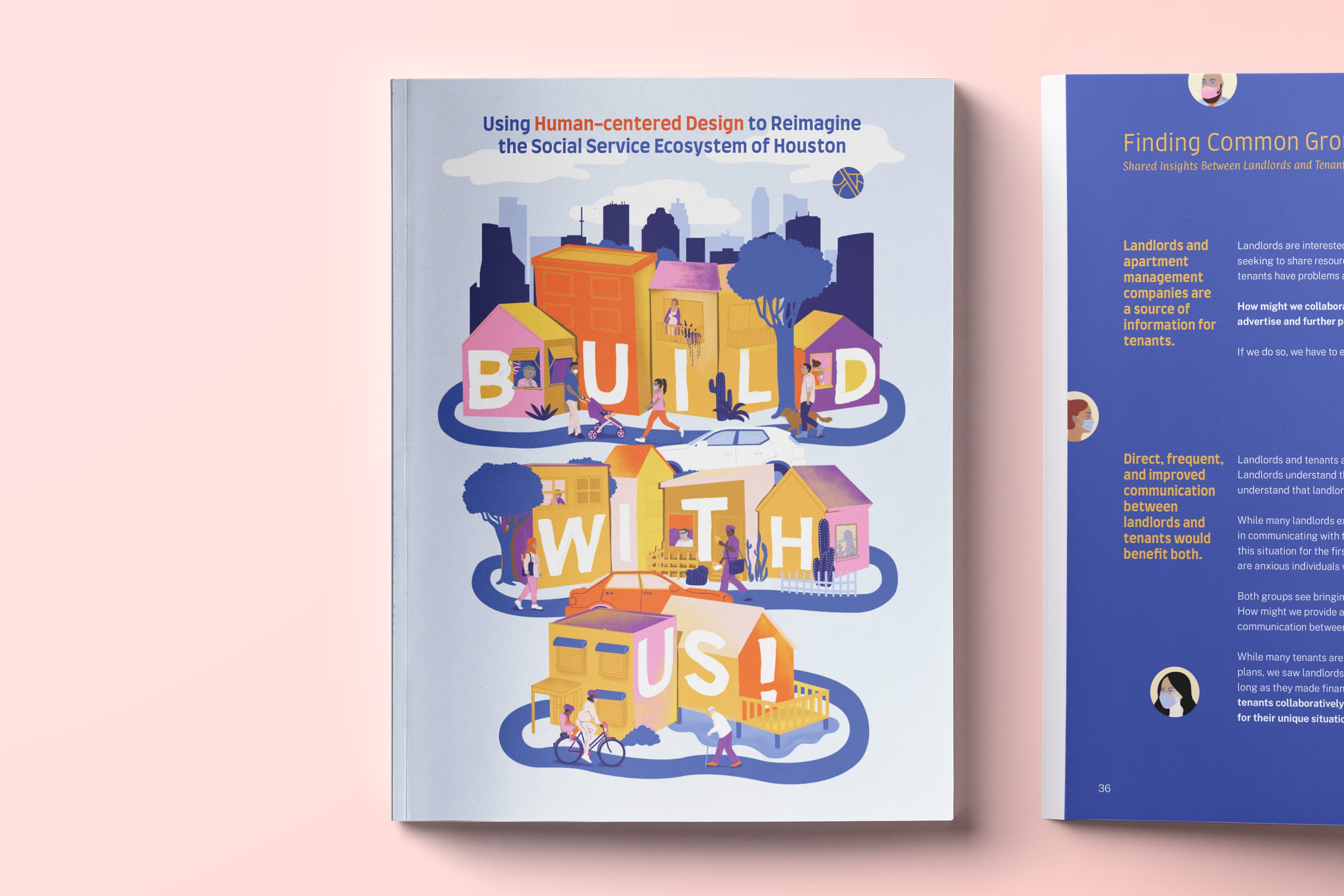

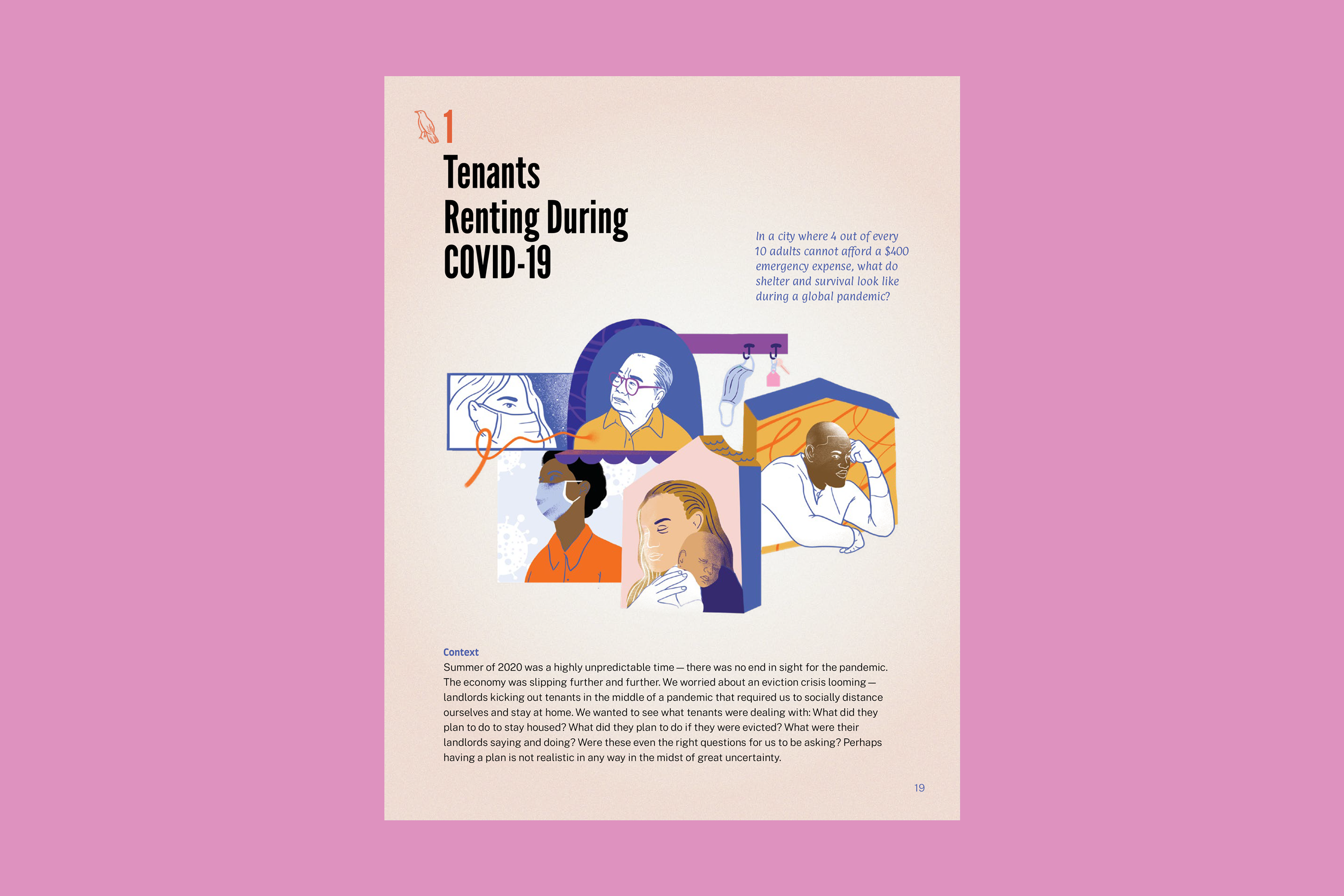
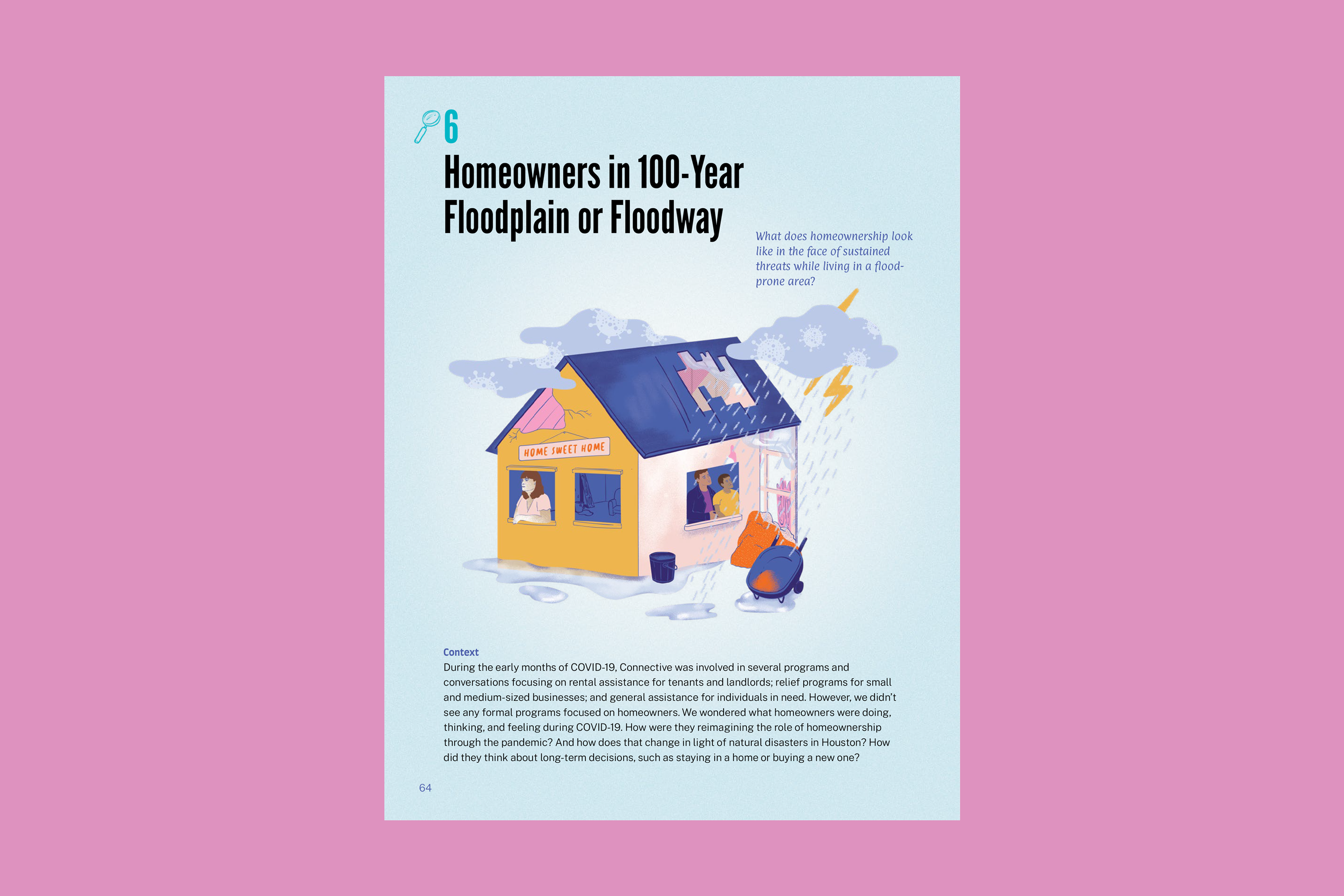

Using Human-centered design to reimagine the social service ecosystem of Houston
Build With Us is the culmination of over a year’s worth of research, fieldwork, and conversations focused on Harris County residents impacted by COVID-19. Doing this type of research and deep listening at the height of the pandemic has allowed Connective Houston and its partners to elevate the voices of residents, prioritize their experience, and adjust resources in real time to respond to the growing and changing needs of community members. I collaborated with strategists and other creatives to art-direct, design, and oversee production of a 128-page report and the UX/UI.
Collaborators
Connective Houston, fahad punjwani, Shirley Hernandez
Shapeless Shapes
2019
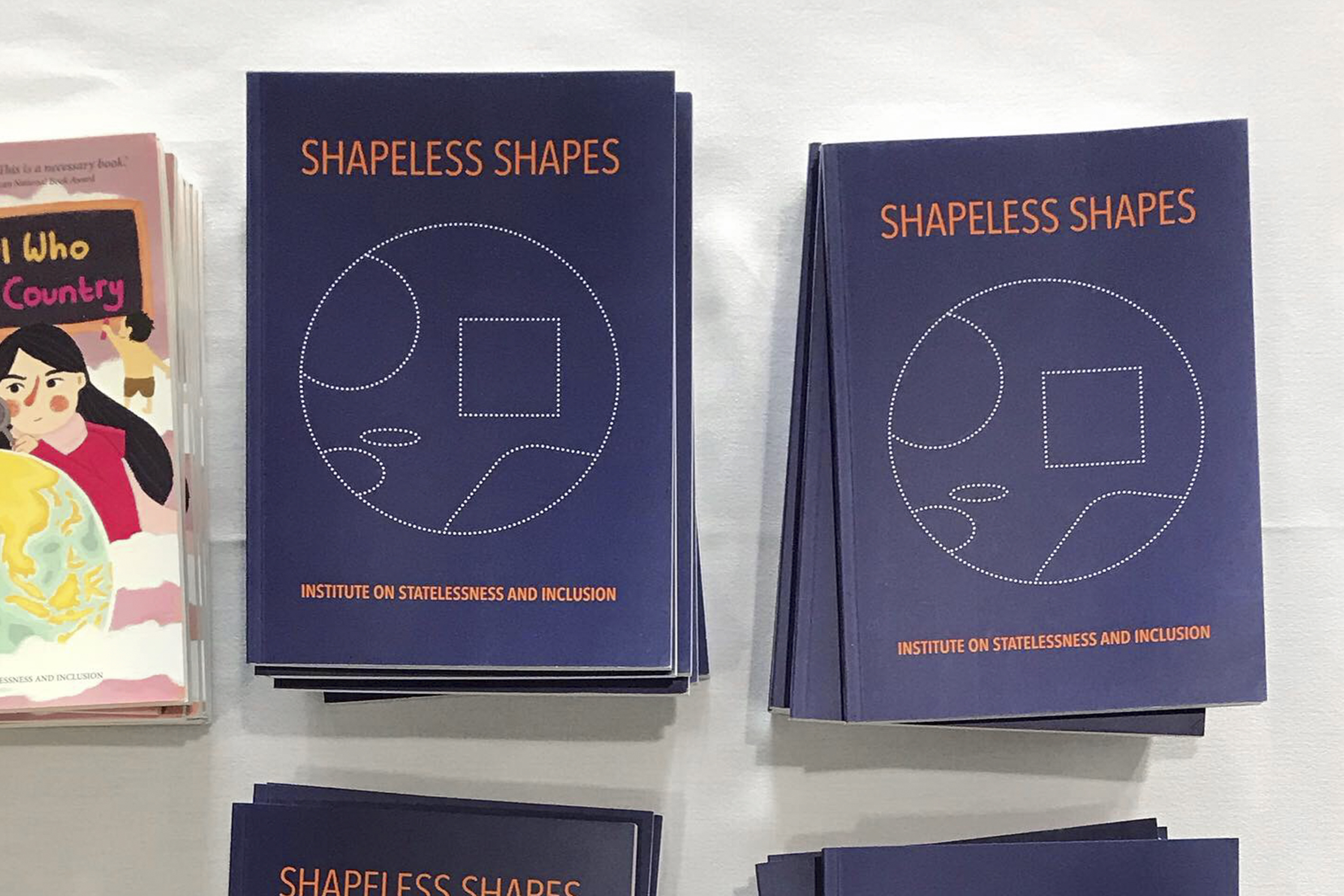

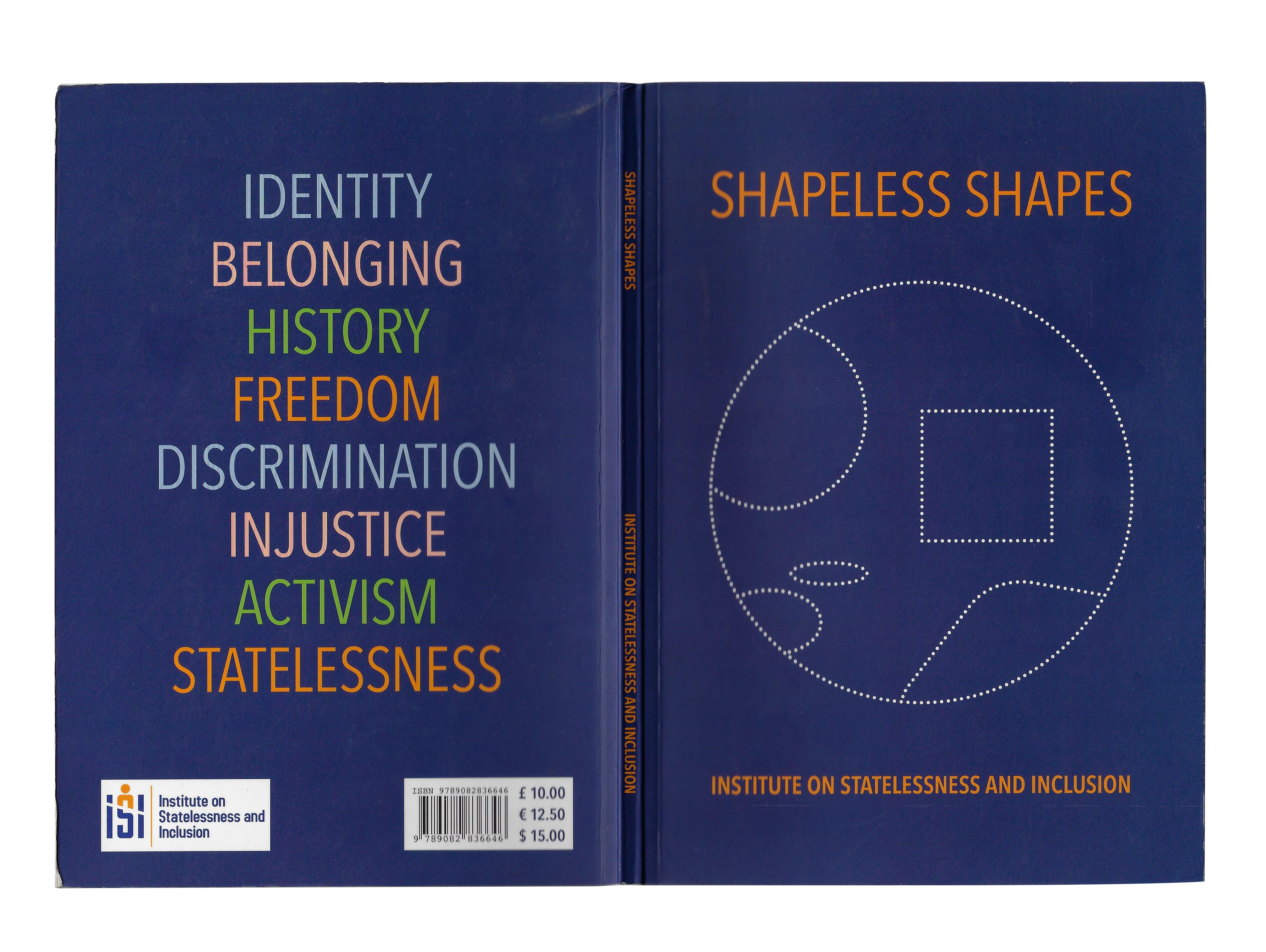
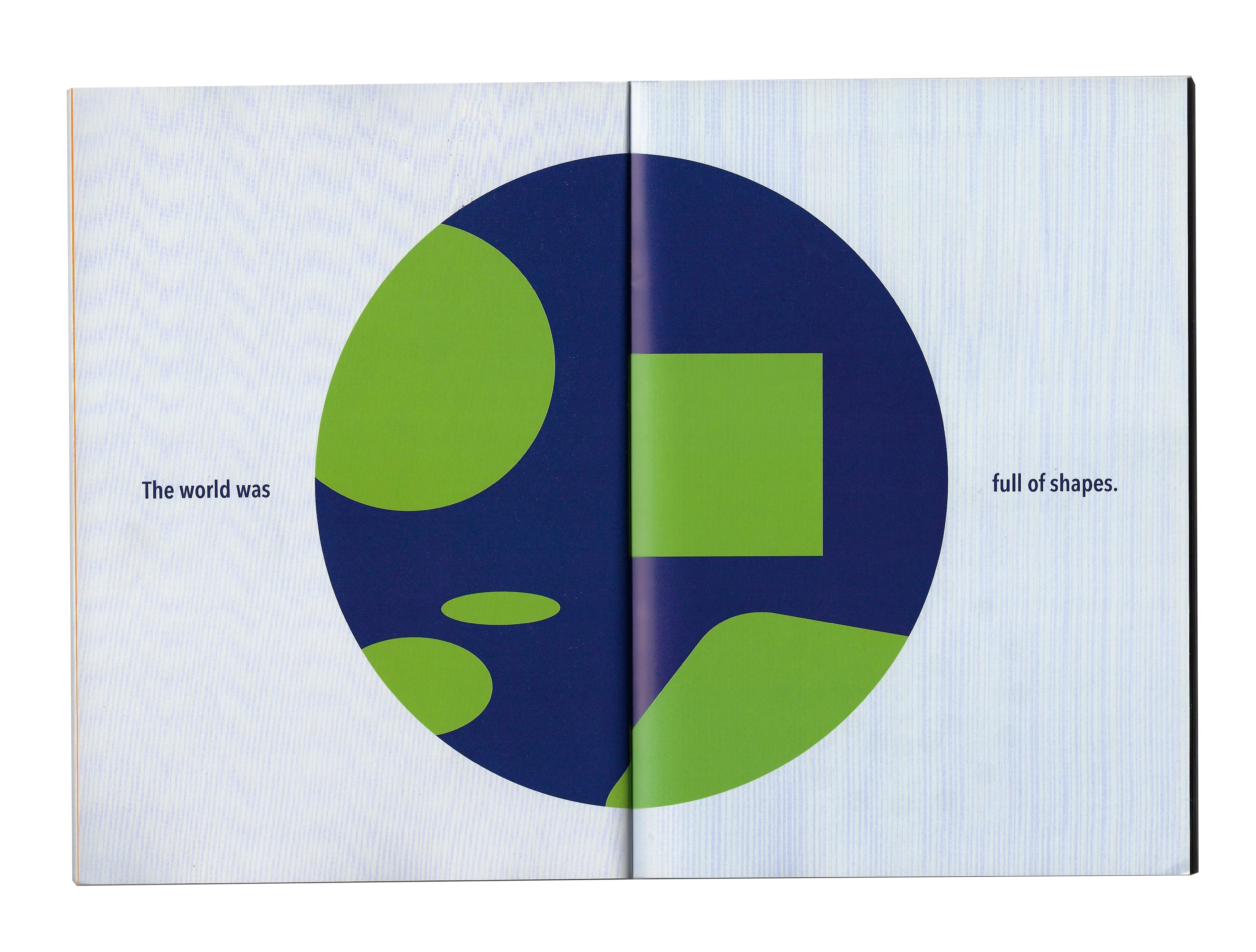
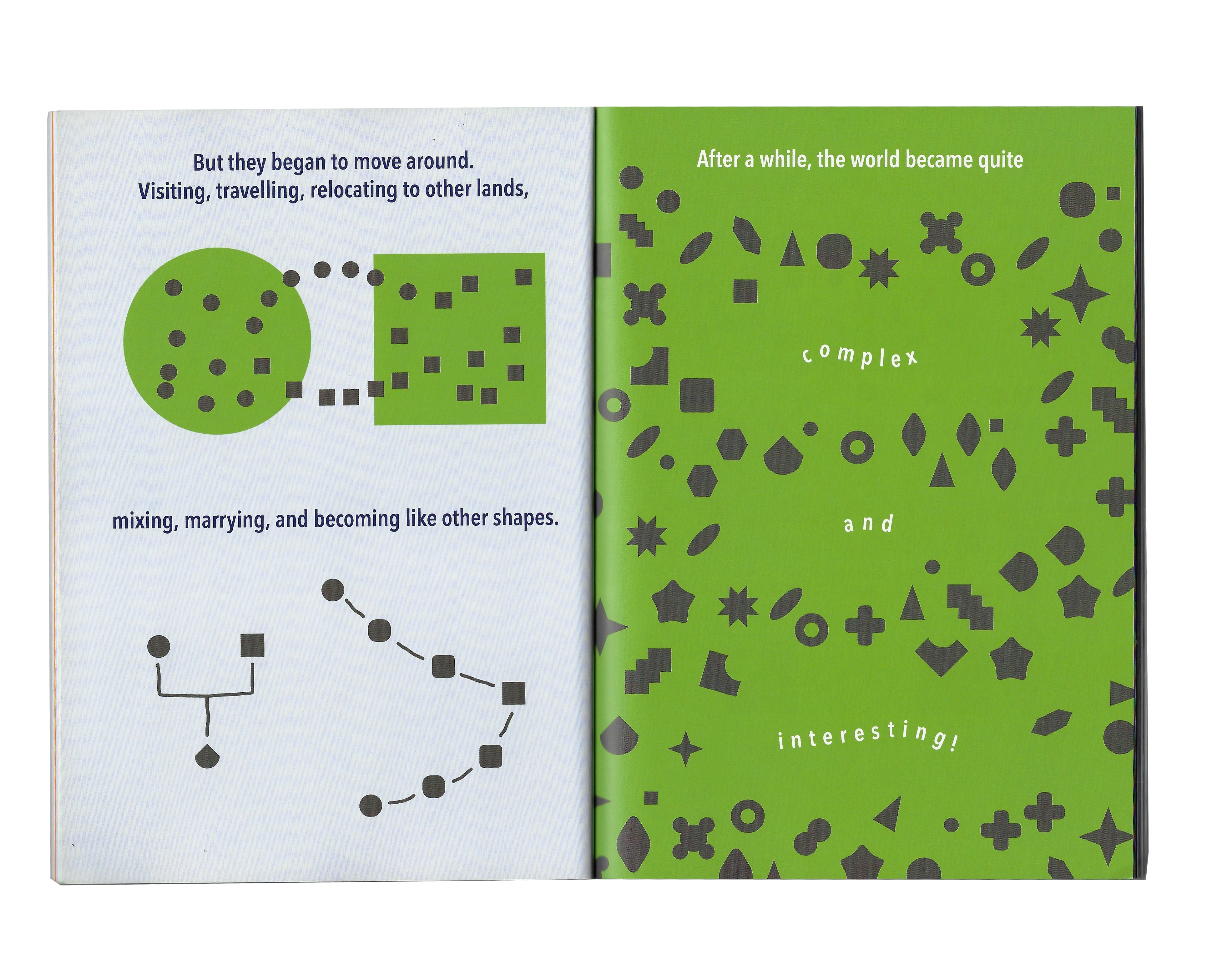


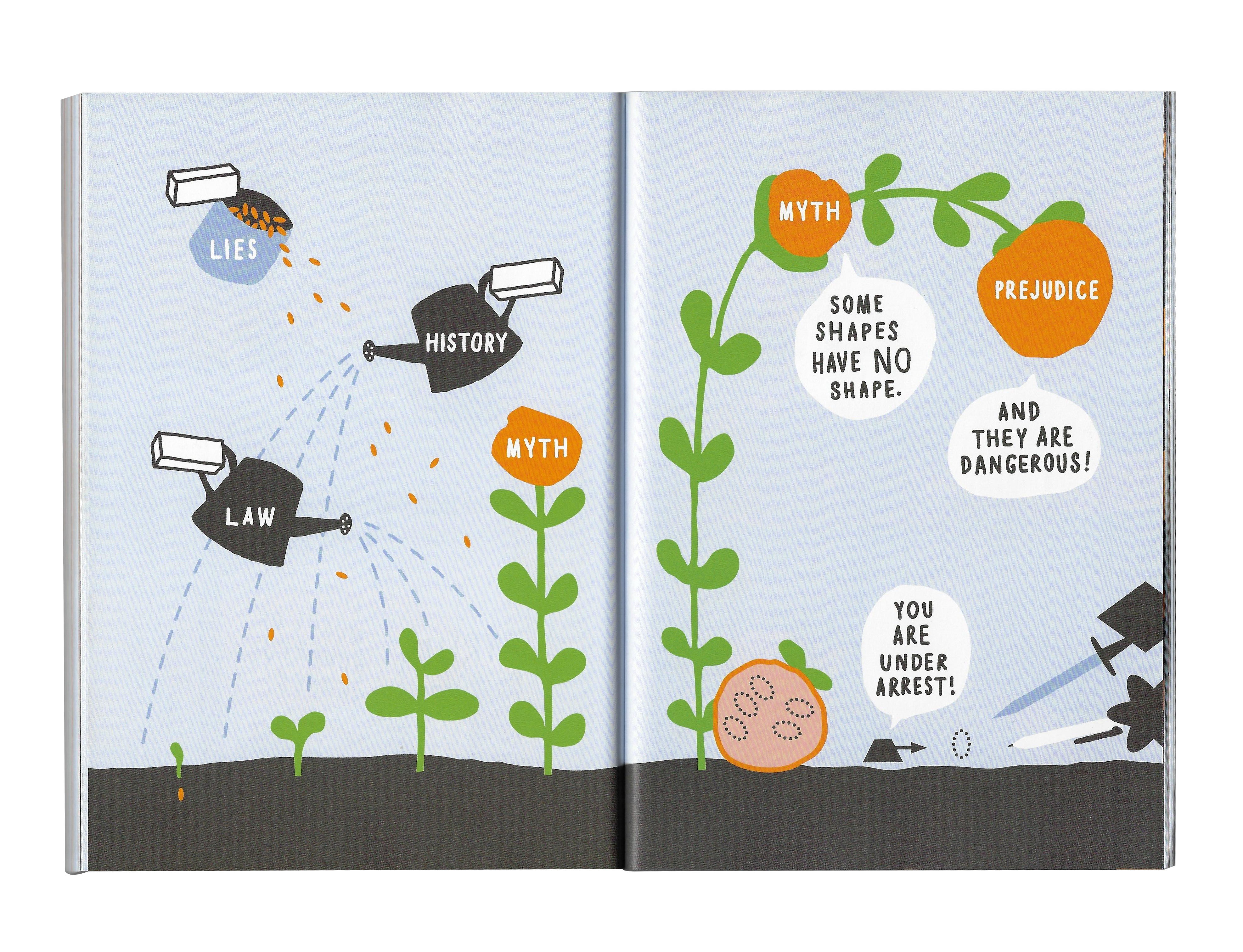
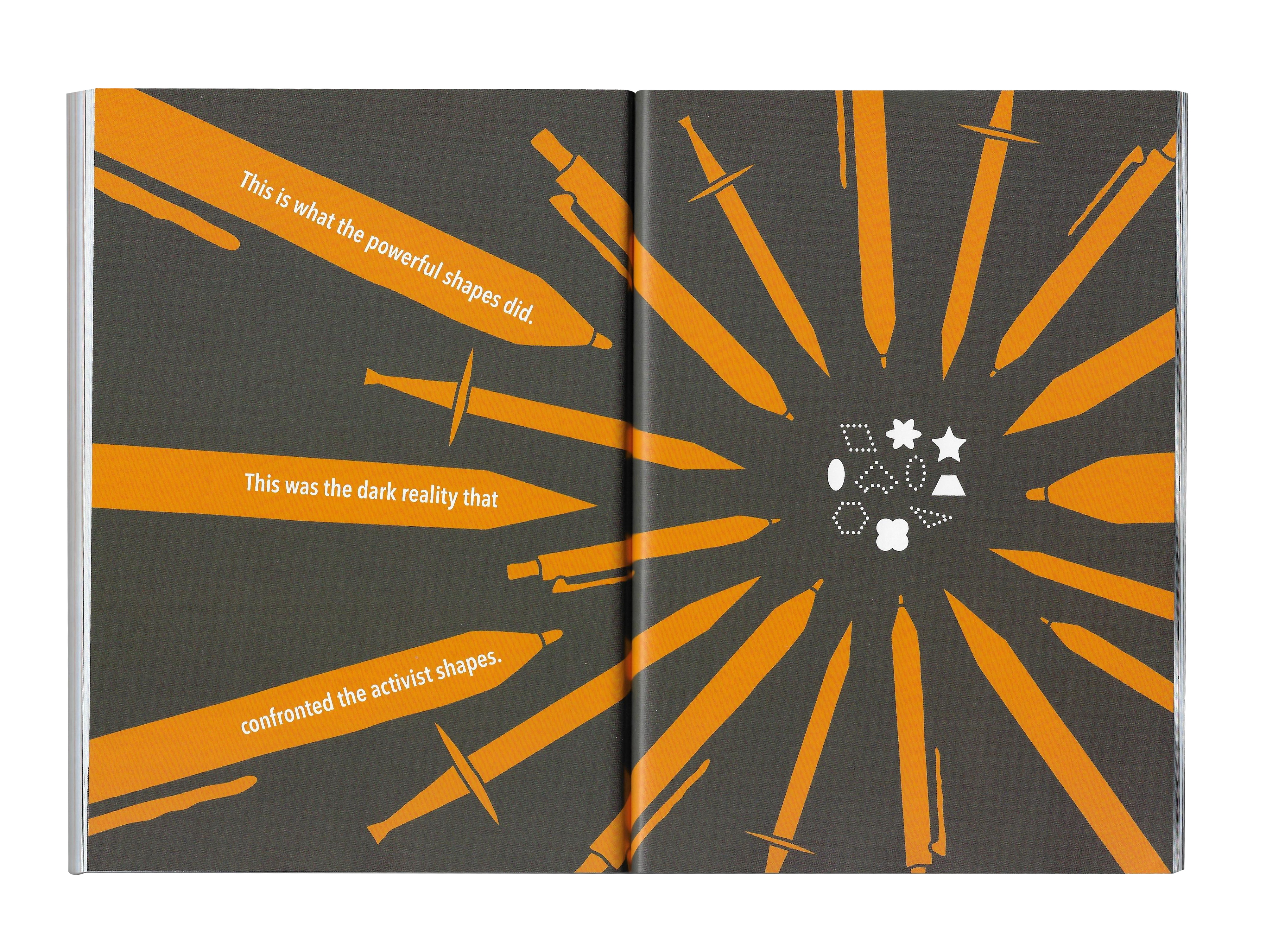

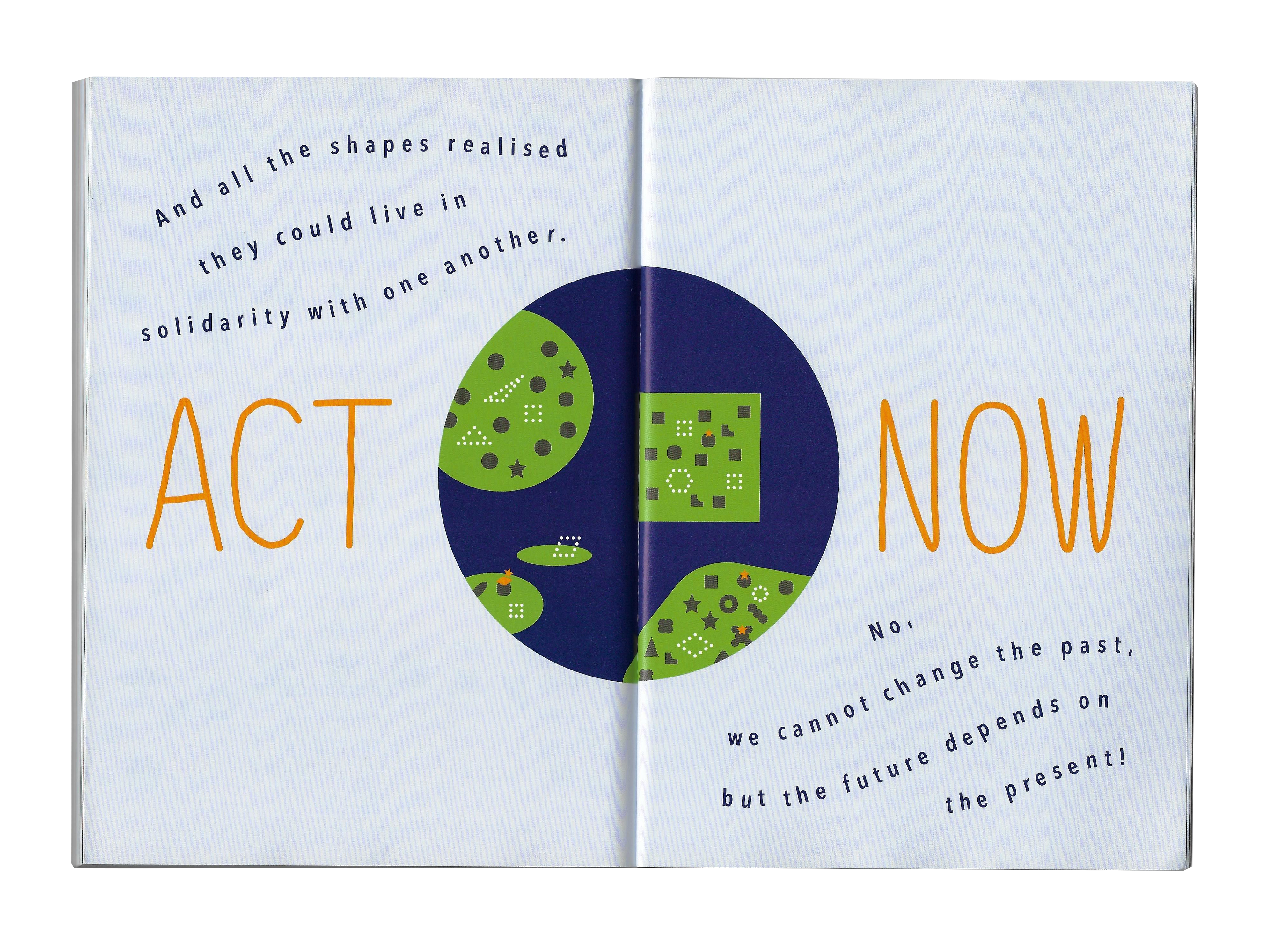
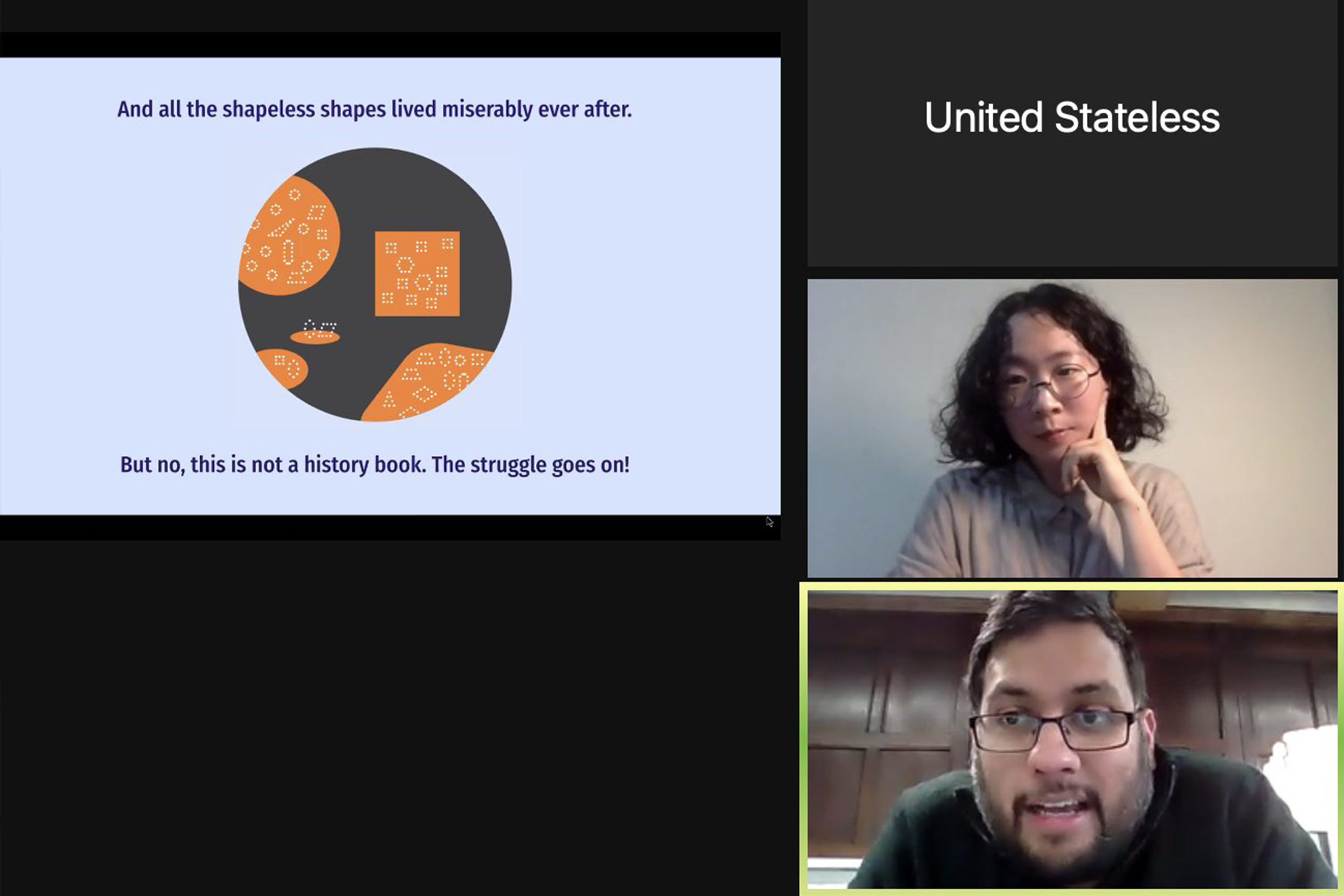
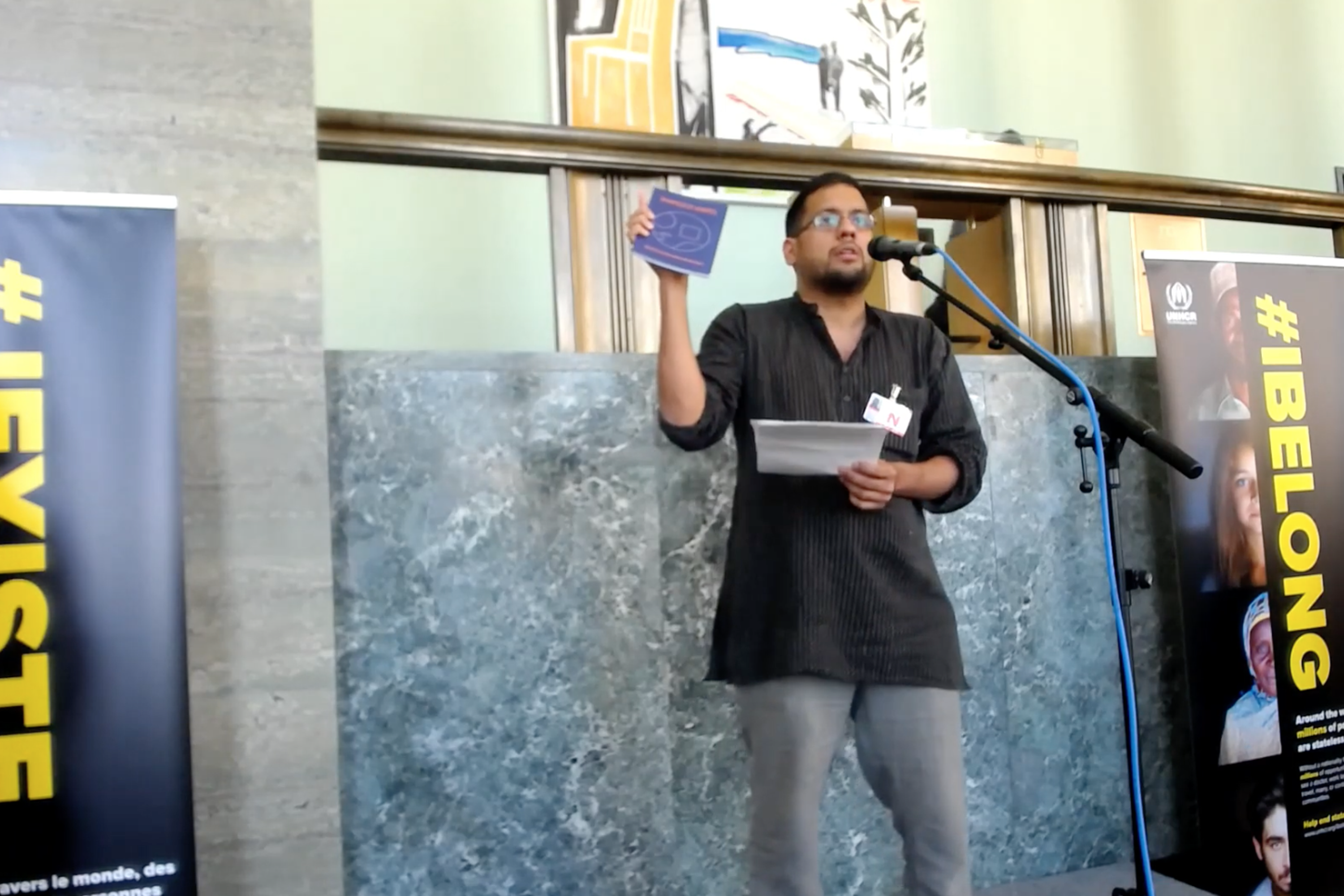
A
fairy tale, a history
book, a call to action to shape our future
Shapeless Shapes is a collaborative arts and advocacy project with human rights lawyer Amal de Chickera. It challenges narratives and highlights activism around the instrumentalization of citizenship. It is a graphic novel about identity, belonging, history, freedom, discrimination, injustice, activism and statelessness. This graphic novel explains this complex human rights issue as never before, and it has taken new-found relevance in our COVID-19 world. This book seeks to untangle the complex legal, historical, and political forces that create and justify state-sanctioned exclusion and mobilize the public on this issue.
Publisher
Institute on Statelessness and Inclusion
Watch book launch webinar
Purchase / Digital Download
Sugar Land 95
2018–2021

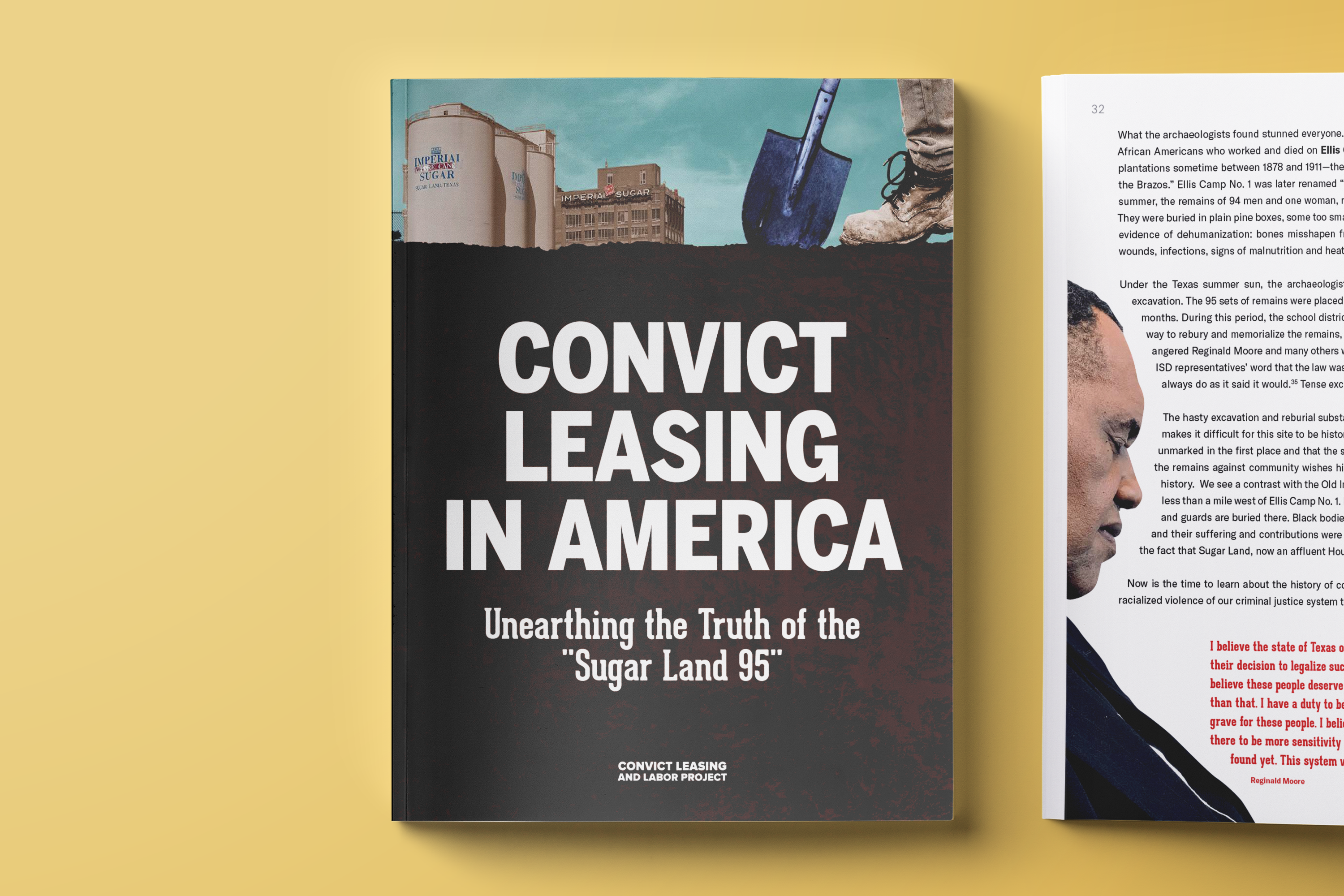





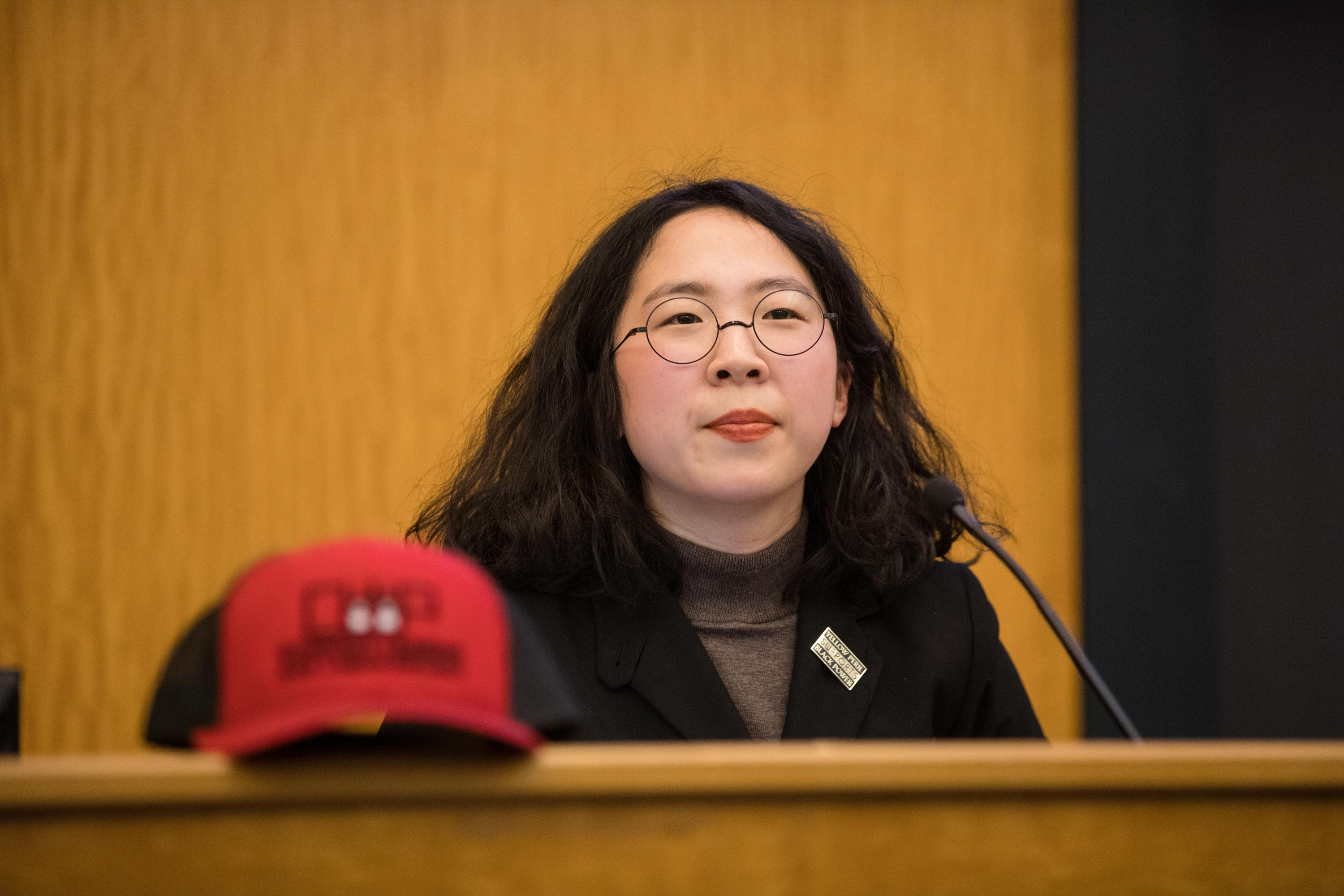
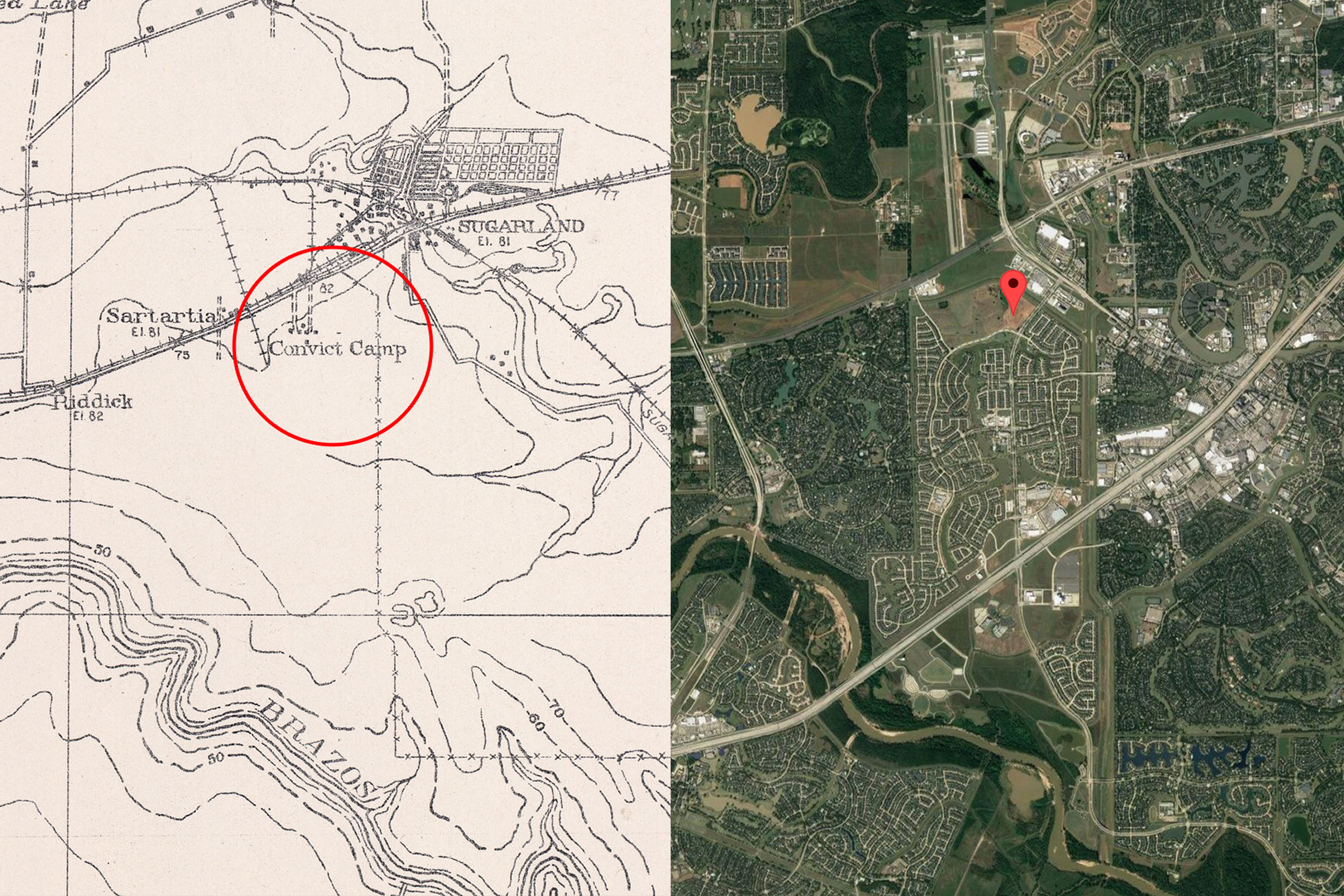

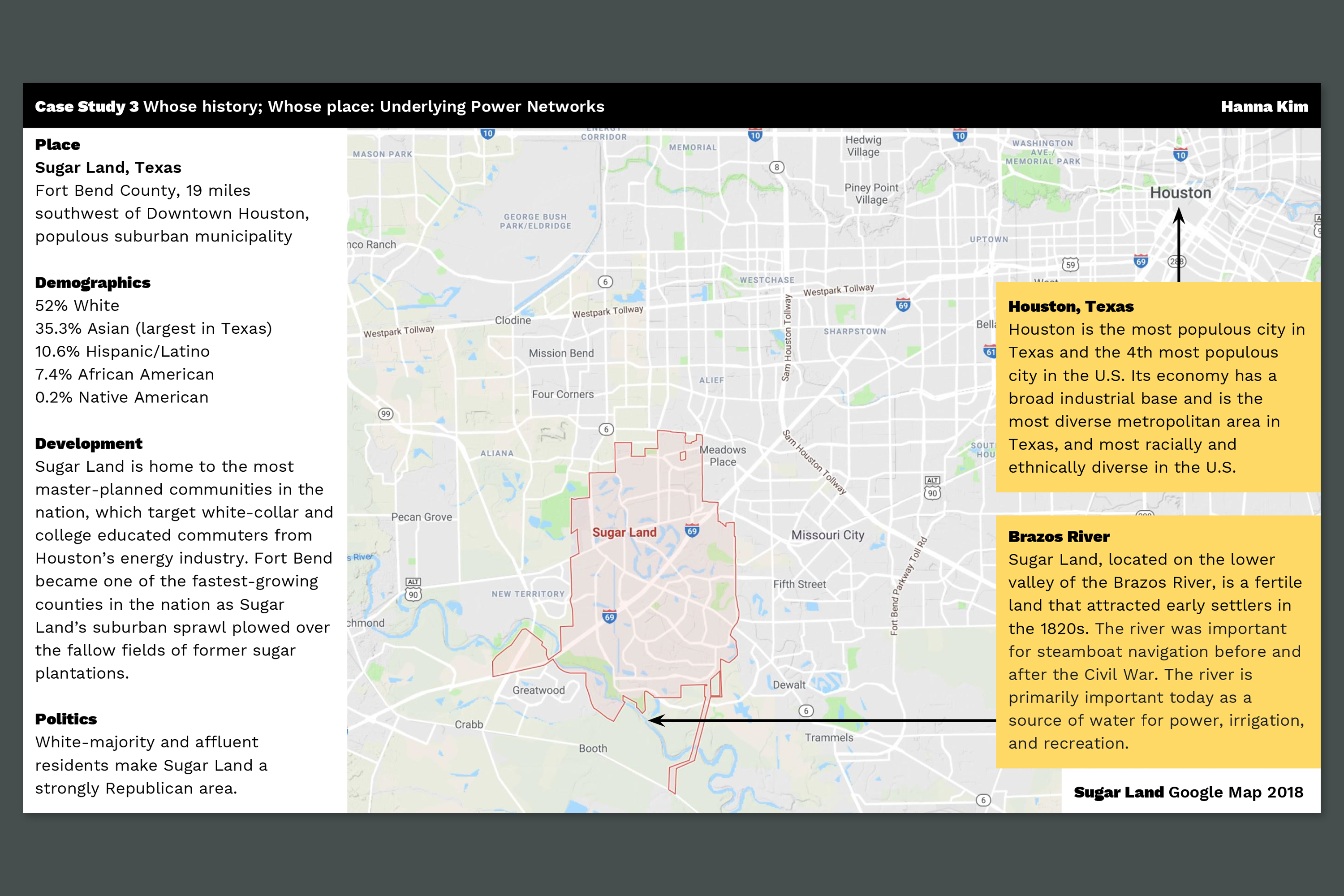


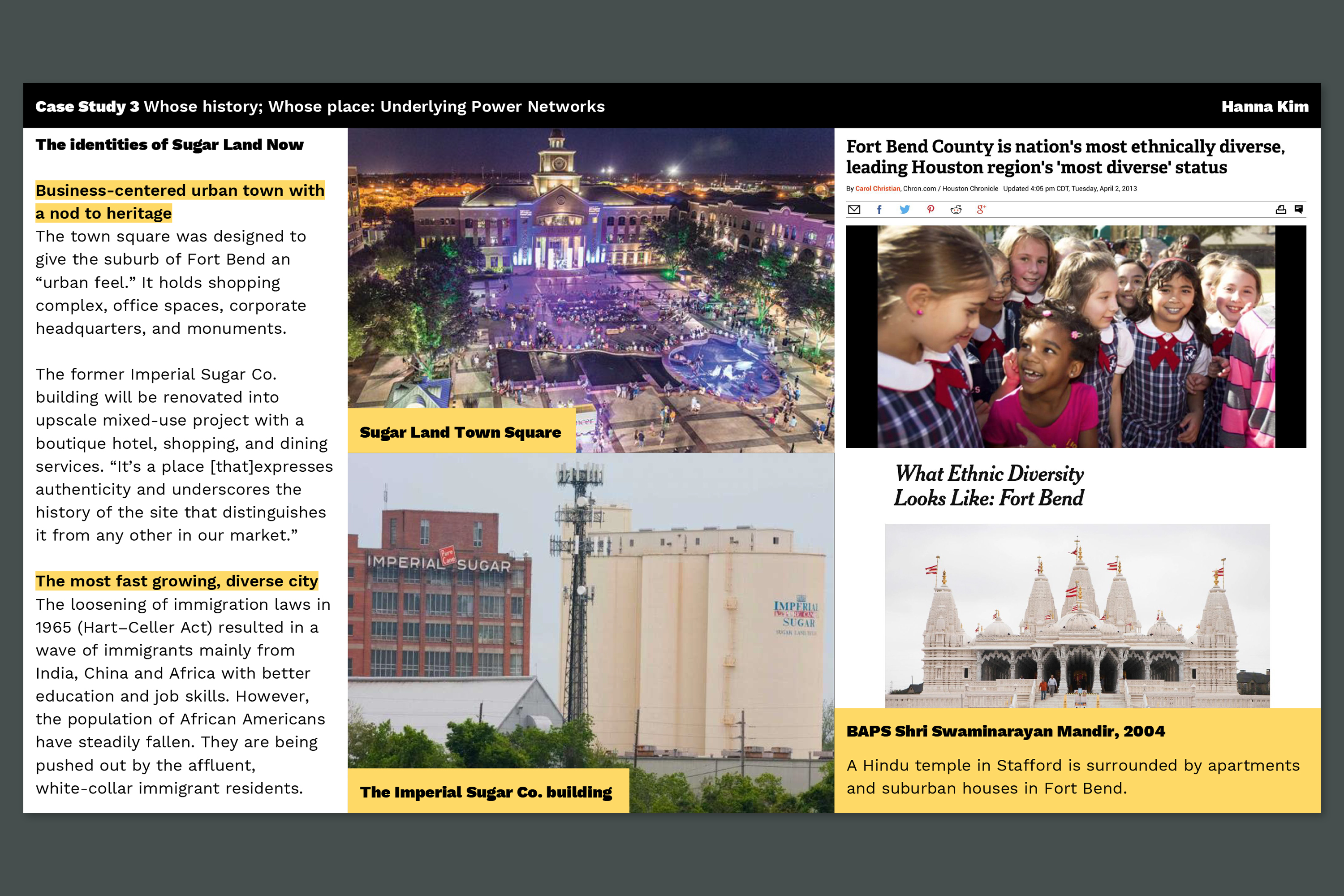
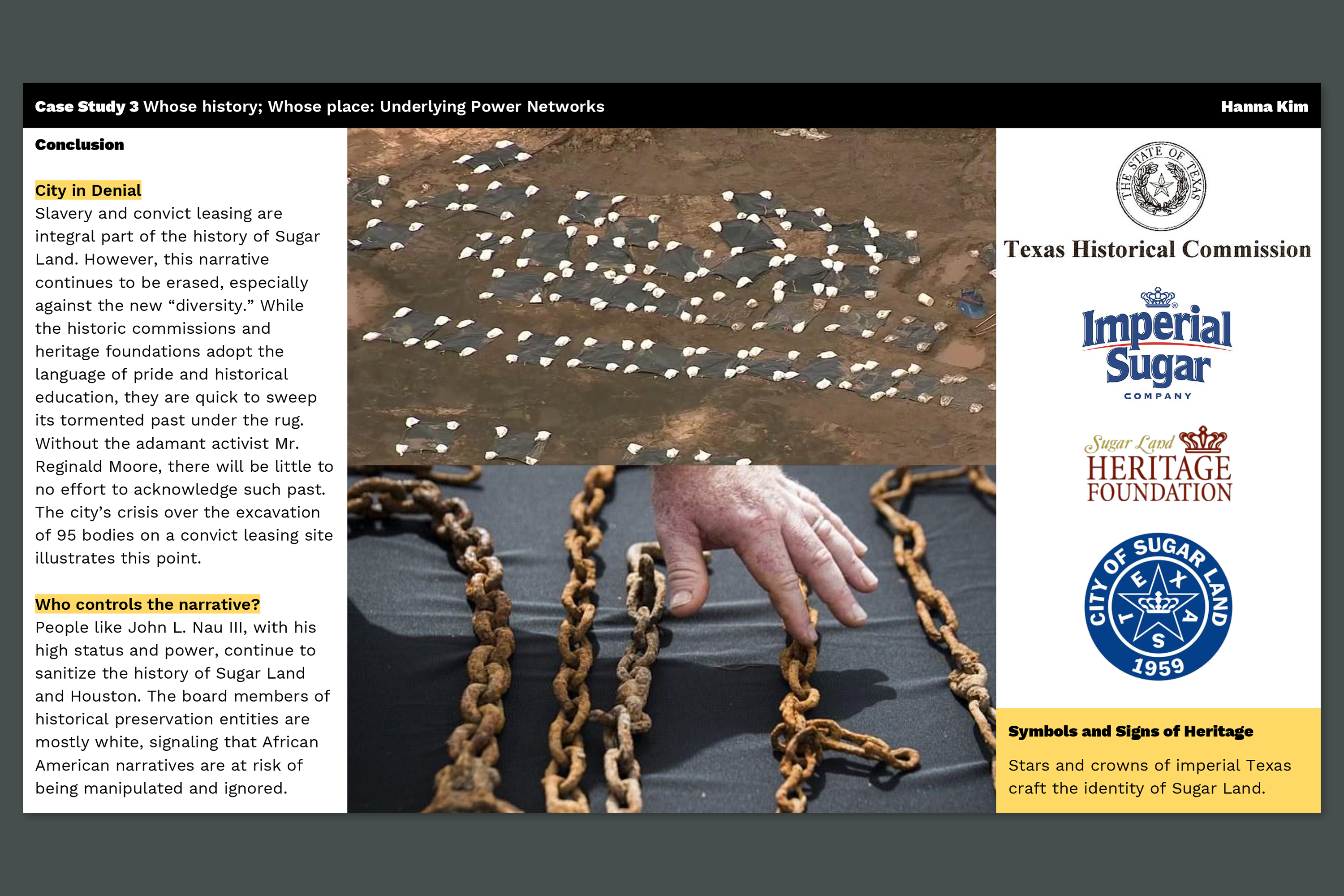
Unearthing the truth of convict leasing, a project funded by Soros Equality fellowship
During the 18-month-long Soros Equality Fellowship, I researched, art-directed, and implemented multiple visual communication media for telling the history of convict leasing and the story of Sugar Land 95, the 95 African-American individuals unearthed during a construction in Sugar Land, Texas. This effort included a rebrand of a local nonprofit organization, UX/UI design, report, graphic narratives, video, and numerous writings and speaking engagements. (Event photo: Julia Zhogina Photography)
Publication
- Convict Leasing and Labor Project
- Monument Lab
- Houston Chronicle
- Harvard Graduate School of Design
- National Trust for Historic Preservation Leadership Forum
Lecture
- University of Southern California
- Rice University
- University of Texas at Austin
- Hutchines Center for African and African American Research